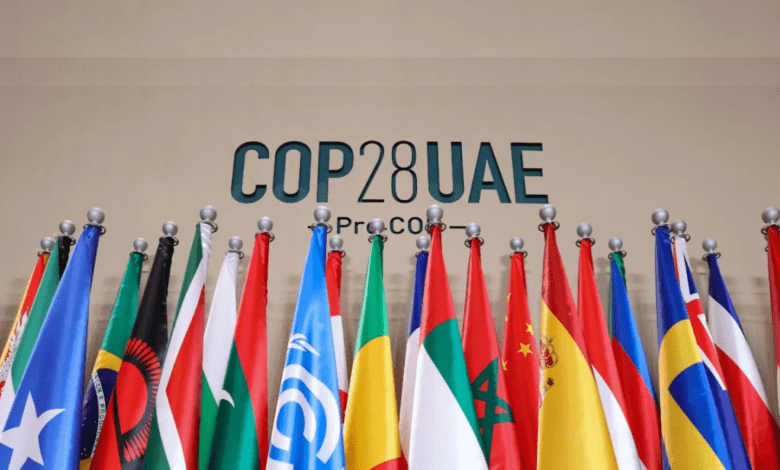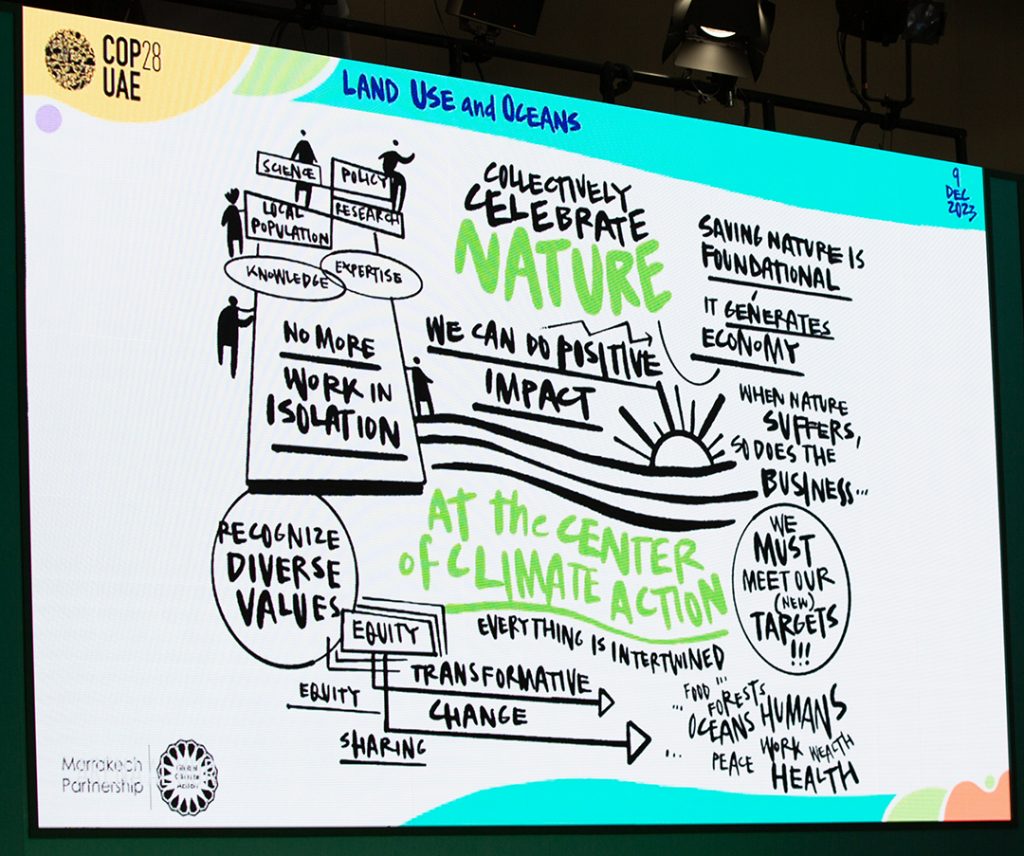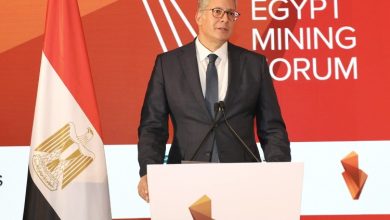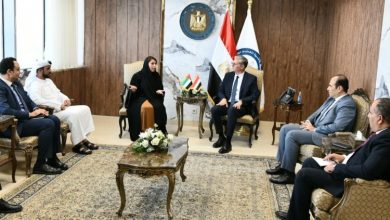
UNEP-WCMC’s Chief Impact Officer Matt Jones, Principal Specialist for Nature-based Solutions Valerie Kapos and Principal Technical Specialist for Climate Change Mitigation Lera Miles reflect on this year’s climate summit and celebrate clear acknowledgement of the need for integrated action on the climate and nature crises
A significant outcome of this year’s global climate summit, COP28, is an agreement to “transition away from fossil fuels”. This huge task, already underway, is given additional momentum by the UAE Consensus outcome, which rightly focuses much of the world’s attention on decarbonisation. Nonetheless, the UN Environment Programme World Conservation Monitoring Centre (UNEP-WCMC)’s Dubai delegation team were heartened to see nature being integrated into the negotiations at COP28, as well as being robustly championed on the sidelines.
The COP28 decision on the outcome of the Global Stocktake, which assessed countries’ collective progress in accelerating action on climate change to meet the goals of the Paris Agreement, formally recognises the importance of nature. In addition to its significant declarations for nature, it calls for nature-based solutions (NbS) to climate change to be implemented in line with the Kunming-Montreal Global Biodiversity Framework. Nature, NbS, biodiversity and ecosystems were all terms discussed often during the negotiations, and the decision relating to the Global Goal on Adaptation set up under the Paris Agreement now includes several references to ecosystem-based approaches and NbS.
COP28 underscored the recent rapid evolution in decision-makers’ understanding of the importance of nature in confronting and adapting to climate change. Consideration of ecosystems is now pervasive in the discussions and the decisions across the COP. During this COP, and many before it, UNEP-WCMC’s experts worked to support that climate decision-makers broaden their focus to include the role of nature in ensuring resilience alongside its key role in carbon sequestration and storage.
While nature is moving in from the fringe, there is still a long way to go.
Nature at the forefront throughout
Perhaps most encouragingly, the Joint Statement on Climate, Nature and People released on the Nature, Forests and Oceans day by the United Nations Framework Convention on Climate Change COP28 and Convention on Biological Diversity COP15 presidencies and other signatories, including 16 governments, committed to better alignment and coordination between the climate and biodiversity processes, acknowledging the need to urgently address climate change, biodiversity loss and land degradation together.

The importance of nature was not only on recognised on the conference’s relevant thematic day, but across the COP programme and venue, including at country pavilions. Alongside donors pledging commitments to biodiversity and new funding for nature-based solutions, we were inspired to see innovative and nuanced discussions on making the most of nature’s contributions from the local to national and transboundary scale.
We were also struck by conversations with business and finance organisations in which they expressed awareness of the need for transformative change to lessen their impact on nature alongside reducing their emissions. For example, multilateral development banks issued a joint statement that recognised the need to integrate action on climate change, biodiversity loss and pollution, and agree on shared common principles for nature-positive finance. There were also numerous cutting-edge discussions on topics central to business interests, such as how insurance can rapidly respond to climate events in marine and coastal ecosystems.
Biodiversity is still far from being fully recognised and integrated
While nature featured in key aspects of the negotiations, there is still scope for it to be better integrated. Forests and deforestation continue to dominate understanding of how biodiversity can help us combat climate change, but conservation, restoration and sustainable management of biodiversity beyond forests can also play a significant role.
Worryingly, text developed in relation to the outcomes of the Global Stocktake includes little attention to ensure climate policy and action do not undermine ambitions for biodiversity. For example, the text calls for renewable energy capacity to triple globally by 2030, requiring increased supply of critical minerals from mining. The implications for biodiversity will need to be considered explicitly and safeguards put in place to avoid significant unintended negative consequences for biodiversity.
Going into 2024, UNEP-WCMC will continue to support intergovernmental processes on both climate and nature, and bring the best possible information to bear on the links between these agendas. We look forward to championing integrated action – particularly in a year when all three of the Rio Convention COPs on climate, biodiversity and desertification – will meet. We will support our partners in government and the private sector build on synergies between these sets of objectives and navigate potential trade-offs involved. We are particularly keen to help ensure that decisions, actions and financial mechanisms progressed in the coming year address both the nature and climate crises, and deliver multiple benefits, including enhanced climate resilience for the poorest and most vulnerable.




